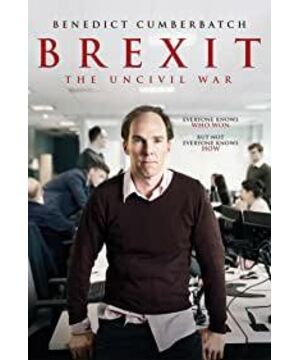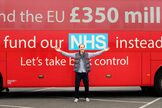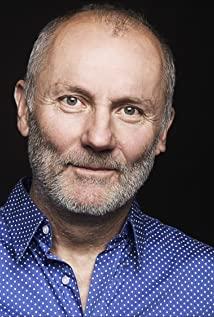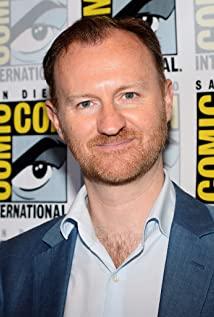What are the conditions for a democracy to function successfully?
Are those making the decisions well-informed?
Are people who make decisions based on this sufficient information rational citizens?
Cummings hates Britain's established strong elite political style, and he even thinks that those so-called elite politicians are idiots and disdain to associate with them. He said he wanted to give those "long silenced, unable to speak, a chance to speak," but his adverts and messaging were not fact-based and ambiguous.
- The number of immigrants that is constantly mentioned is actually only the national population of Turkey. After receiving the propaganda information, the public believed that those huge numbers were real immigrant populations, and they would flood into the UK in the near future to compete with themselves for employment opportunities and social benefits. However, these numbers and Immigration is basically irrelevant. (The same goes for so-called cheques from the UK to the EU)
Cummings is not doing information dissemination about "justice" and "objectivity", but inflammatory propaganda. It is propaganda. From the perspective of communication, he uses the people's selective understanding and selective memory. Tendency (by conducting field research on those low-level residents/potential voters in bars, clubs, and billiard rooms in the early stage, selecting the most critical topics of "immigration", employment and medical security, and conducting targeted detonation.
The effect was obvious, and he finally succeeded.
But what is more worth thinking about behind this is the conversation between him and the Remainers in the bar.
There are many issues that were exposed during the referendum. Immigration, job security, wage levels, etc., but in the end it boils down to social fragmentation.
Reflected in the film: two focus group interviews organized by the Remainers.
During the first interview, everyone could express their views peacefully with reservations and mutual compromise. Although there were already great divisions and left-wing opinions in the dark, everyone still maintained harmony on the surface. When the focus interview was conducted for the second time, everyone could not listen to each other's views, only quarrels, contradictions, and conflicts. And the expression is extremely emotional, impulsive, and does not focus on the facts. Political issues have become the explosion and release of group emotions and group pressure. This focus group represents several major segments of British society with different social perspectives, social situations and political views. At this time, the "rational civic politics" and "debating the truth" that classic political science hopes to show are all gone, because the huge division makes people unable to communicate and everyone talks to themselves, how can they get What about a sensible way to deal with it?
When a society is extremely fragmented and cannot communicate rationally, it is undoubtedly not a good way to choose the means of "referendum" and "democratic decision-making" to decide major issues. At this time, what is the so-called democracy and justice? At this time, only the "majority" is in charge, and whoever has more has the power.
What is even more frightening is that we are now entering a digital age. Who can guarantee that the ideas in our heads are not influenced by any powerful capital? The academic panic about digital hegemony has reached an almost insane phenomenon. Lest numbers control people's autonomous thoughts, there are also theoretical hypotheses such as the information cocoon room.
Cameron wanted to take a form and let the referendum stay in the EU to stabilize the political situation, but the boat capsized; the same capsized that Trump was sent to the White House by fanatical populists.
The silent majority began to be used more and more. Who will bear the final evil? It's like the people at the bottom.
View more about Brexit reviews











